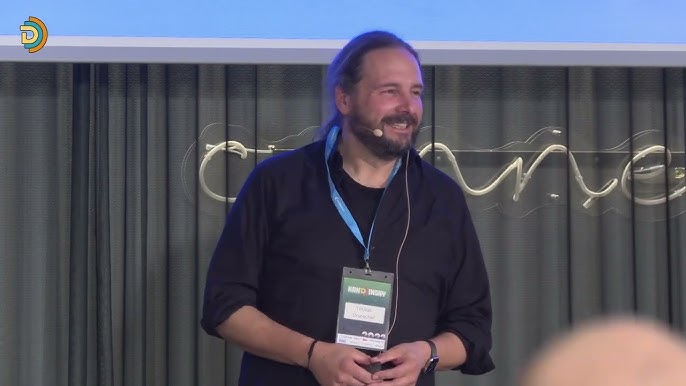Product

Reducing complexity, growing knowledge
Developing products requires a peculiar way of thinking: Rather than executing on an elaborate plan, breaking features down into smaller parts, and organizing large amounts of work, the way to win is to quickly validate our assumptions about the business model, before we even start spending money on plans.
We do this by conducting research (to find out about the the status quo, or to learn about customer preferences, potential markets, or the competition), by running experiments (to find out if our assumptions hold up when meeting potential customers), or by building prototypes (to validate technical feasibility, or to reduce risk, by solving the most difficult technical challenges first).
Our toolbox
We will help to guide and support your product journey by moderating tried and tested methods, which help to find focus, generate ideas, identify assumptions, and turn them into validated knowledge using the fastest ways to get feedback available, such as:
- EventStorming
- Impact Mapping
- Working backwards / PRFAQ
- Lean Startup
- Business Model Canvas
- Value Proposition Canvas
- Design Sprint
- User Story Mapping
- User Test
- Concierge Product
- Lo-Fi Product Prototype
- Proof of Concept / Architectural Prototype
What can we do for you?
Our involvement in these methods can be facilitation, coaching, active consulting, implementation, and/or any fluent combination thereof.
Let's start by having a conversation - and find out together, which approach fits your needs best.
Team

E pluribus unum
Today's complex market challenges require lateral thinking and collaborative ways of working: The lone genius in the basement of the early 2000s will be outperformed by cross-functional teams, combining multiple perspectives, synthesizing expertise from many fields and backgrounds into a common result.
Our toolbox
We don't believe in "scaled" agile approaches, top-down management, or any extensive planning upfront. These methods tend to increase, not minimize complexity, and create unproductive overhead that serves no other purpose than sustaining the tool itself.
Instead, we will help to guide and support your teams by enabling them to act, learn, and improve autonomously, using only tried and tested methods that help to find focus, eliminate waste, and continuously improve daily work, team and company results, and ultimately everyone's happiness, such as:
- Software Teaming (aka "Mob Programming")
- Agile Retrospectives
- Team Topologies
What can we do for you?
Our involvement in these methods can be facilitation, coaching, active consulting, implementation, and/or any fluent combination thereof.
Let's start by having a conversation - and find out together, which approach fits your teams' needs best.
Craft

Toolbox + Talent + Skill
Software done right is malleable, easy to understand, and adapts well to change. Not just to run the first time, but to preserve usefulness and maintainability for months, years, maybe even decades. To embody these qualities, a codebase must be written with care, by developers in command of their craft.
Our toolbox
We will help to guide and support your developers by teaching and coaching tried and tested methods that will make them more efficient, deliver timely, and find and fix errors before they ship.
Your teams will increase automation whenever possible, and practice effectively what can't be automated, using:
- Continuous Integration
- Continuous Delivery
- Test Driven Development
- Behavior Driven Development
- Infrastructure as (actual) Code
- Deployment Pipelines
What can we do for you?
Our involvement in these methods can be facilitation, coaching, active consulting, implementation together with your team, and/or any fluent combination thereof.
Let's start by having a conversation - and find out together, which tools and approaches fits your teams' needs best.


